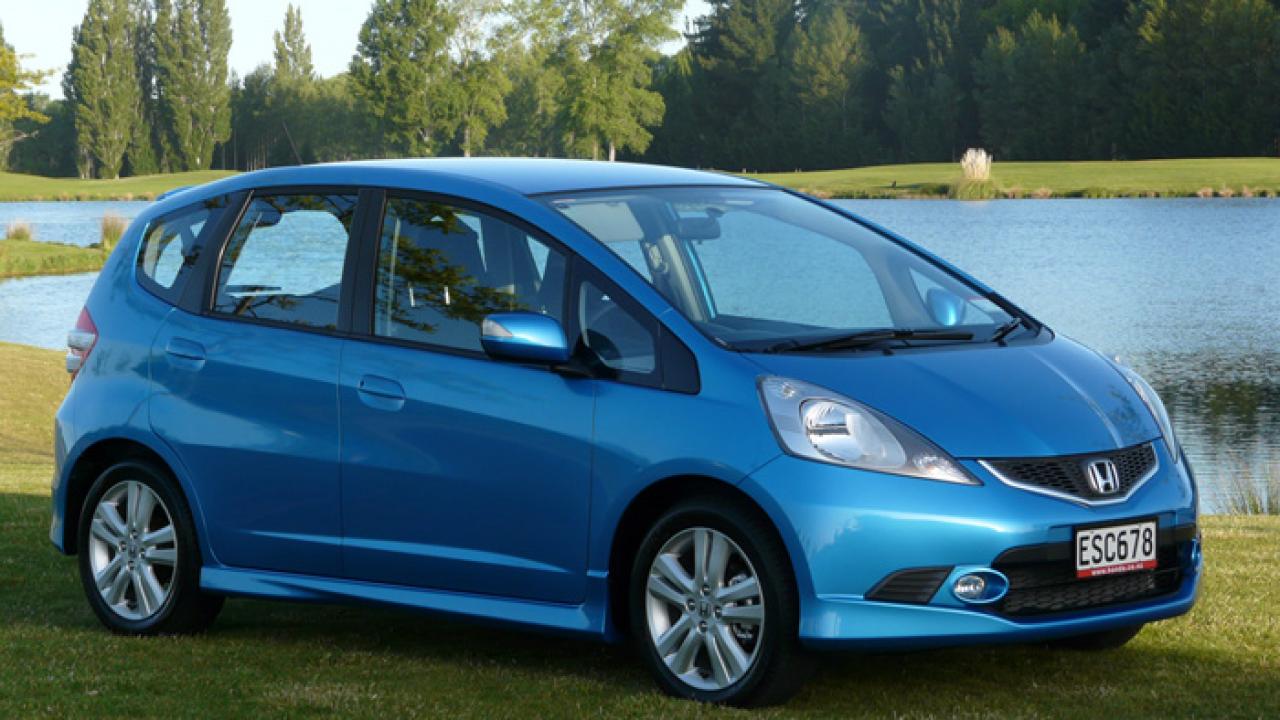- In Beijing’s southwestern outskirts, past a four-lane overpass with sidewalks as wide as the streets themselves, is Zhengyang Road. It has the usual banks, small convenience stores, and noodle houses of many areas in the capital, but it is set apart by a row of about a dozen shops all selling the same thing — tiny electric cars. The cars look, variously, like small Range Rovers, golf carts, trolley cars, or rickshaws with sheet-iron sides, and they are slow. Their fundamental attraction is their price — between $600 and $2,500 — and that drivers can charge them the same way they would a cell phone. They also come with the perks of being loosely regulated. These low-speed electric cars, nicknamed “elderly transport vehicles,” have an enormous market, made up mostly of people who earn very little. And in China, there are a lot of them — more than 40% of the population, or some 600 million people, make around $150 per month.
For American cities to embrace tiny cars like this, it seems like there would first need to be a revolution in parking, and then a complete reworking of all of our roads. Our infrastructure is in such a terrible state that we rely on the suspensions and footprint of our vehicles to compensate for the condition of our road joints, potholes, etc. I think speed would be an issue, too. In China you generally move short distances at slow speeds, if you are using personal transportation. If the trip is more than 10 minutes, you take the train. (At least that's how my American friend in China tells it... I've never been there...) American cities make a whacking great load of money on enforcing inane parking laws and regulations. For example, if I ride my motorcycle into town, I have to try and take up an ENTIRE car parking place, and pay for the entire thing. If I fit my bike into an otherwise unusable nook, or at the end of a row of cars where there is space between the last car and the corner, I get a car-sized parking ticket. I think American roads and regulations would need to be MUCH different if we were to see an influx of tiny cars. I think it is far more probable to expect Home Depot to have a rental fleet, than it is for Americans to have tiny cars....
The principle issue with "tiny cars" is NTSB safety regulations. Just because a car weighs 900kg and can go 50 miles on 20lbs of lithium batteries does not mean that it doesn't have to stand up to an F150. Back in like '06 or '07 Popular Mechanics took Honda to task over the fact that in 1989 you could buy a CRX HF that would get 80mpg whereas in '07 a Gen 1 Insight could barely hit 70 with a trunk full of batteries. They were all "what happened why do you suck now, maaaaaaan" and Honda was all bitch we added four airbags six crumple zones two low speed bumpers an antilock braking system and a partridge in a pear tree. 2008 Honda Jazz, the most popular car in the world at the time: Exact same car, North American market: The difference between a Fit and a Jazz was dozens of body panels, subframe work, a relocated engine, different electricals and, in the calculation of one poor ricer who did the conversion just to be all JDM about it, an easy $15k worth of parts (aftermarket). That's entirely about American crashworthyness standards. Now, of course, Honda Jazz are Honda Fits because Honda sold enough in the US to go "okay we're all Americans now". The Chinese aren't going to do that.


If we're going to the trouble to remake our transportation infrastructure, cars should be the last thing we're prioritizing. EVs are a stopgap in order to get ICE vehicles off the road. The only real solution for cities is radically embracing "alternative" transportation methods like walking, cycling, and public transit.
I'd make one of our family cars a tiny car if they were super affordable and legal. I have no car lust or car pride at all, for the most part a car is just a way for me to move groceries or my kid. The car I use only hits the road once or twice a week, once to buy shop supplies and maybe I take a random trip to Lowes or what not every few weeks. I'd still walk or bike for most of my shopping and one of these things would be easy to store and park.
These vehicles remind me a lot of quadricycles which are quite popular here in Norway. They're legally classified as mopeds here, so it's easier and cheaper to get a license for them, in addition to the vehicles themselves being much cheaper than cars. You're in the USA, right? I have no idea if quadricycles are a thing there.